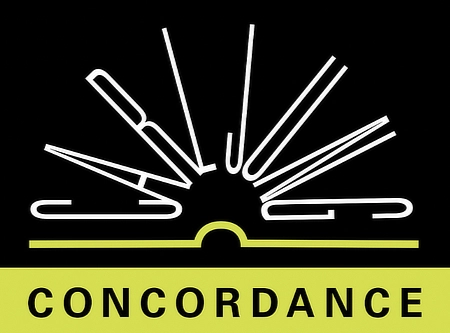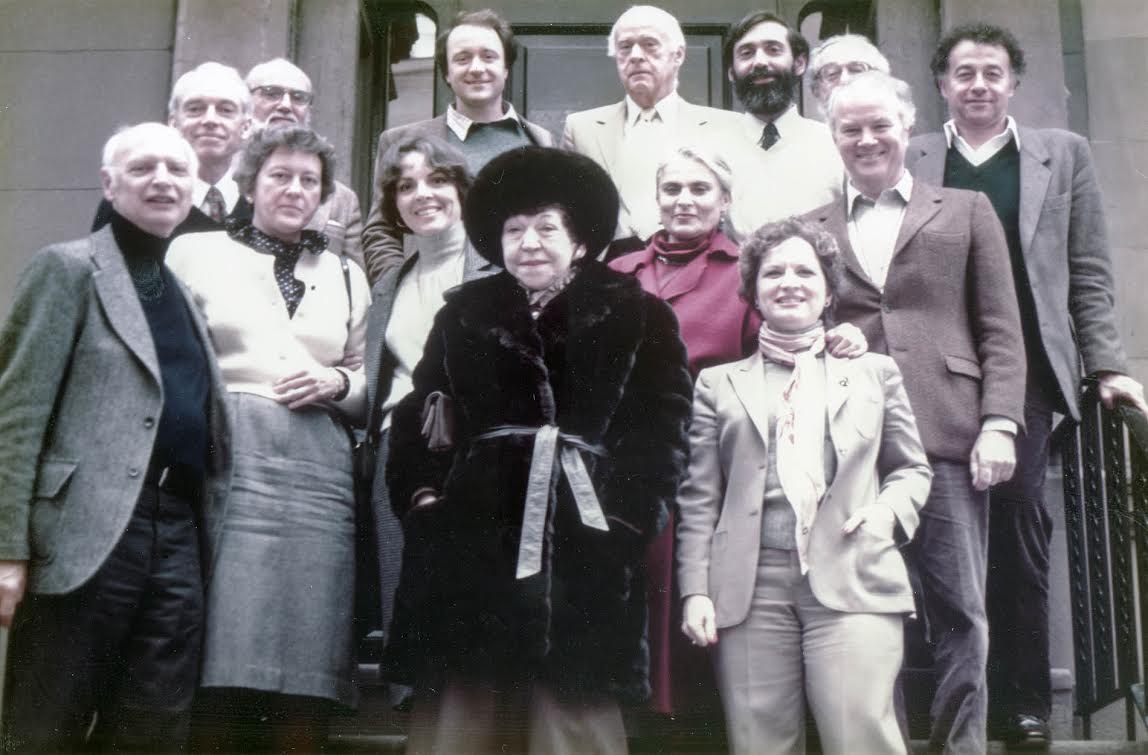Concordance

This concordance provides a way to search Jung’s Collected Works by word and/or topic and to find all of the relevant references. These references include a detailed subject heading, quotes, and context for every search.
This program was developed by Thornton Ladd who was a well-known Southern California architect. Thornton was an active member of the Library and Bookstore Committee at the C.G. Jung Institute in Los Angeles. He served on the ARAS Board from their very first meeting in 1982 until 1993. During his time on the board he assisted ARAS in developing the new national archive. He helped with everything from the budget to planning how many records to create per year. He introduced computers into the ARAS world by setting up our first digital database system and even gave serious consideration to becoming the Director of National ARAS but did not want to relocate to New York.
Thornton Ladd spent many years passionately developing this Concordance. We are thrilled to house the program here on ARAS Online. It allows one to search Carl Jung's Collected Works by keyword. Enter a term in the box above to see where it appears in the Collected Works.
The abbreviations in the Concordance that do not refer to Jung's Collected Works are from Edinger’s books:
- AL: Aion Lectures
- AOP: Anatomy of the Psyche
- TOL: Transformation of Libido
- ED: Eternal Drama
- ML: Mysterium Lectures
- TGI: Transformation of the God-Image
JL is in reference to Jung's Letters - volumes one and two.
First National ARAS board meeting, 1982.
Back row, left to right: Thornton Ladd, Board Member, LA, Charles Taylor, Board Member, NY, Donald Kalsched, ARAS 1st President, NY, Stephen Weinrib, lawyer, Aryeh Maidenbaum, Board Member, NY, George Wagner, Board Member, LA.
Front row, left to right: Harry Prochaska, Curator, San Francisco ARAS, Louise Heyneman, Board Member, SF, Robin van Loben Sels, Board Member, NY, Jessie Frazer, founder of ARAS, Claire Ochsner, Curator, LA, Diana James, Curator, NY, Philip Zabriskie, Board Member, NY

